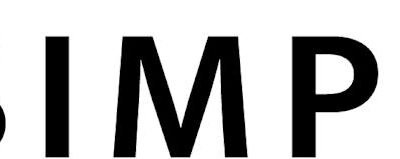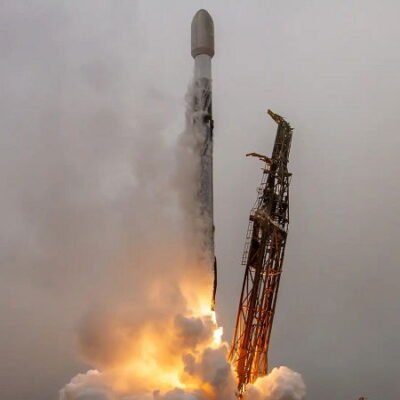Now in its 12th year, YEOTY is an all-island competition that aims to promote economics as a subject that can be inclusive, engaging and socially relevant.
With a data project about Ireland’s dependence on multinational corporations, Wexford secondary school student Mir Hasibullah Zia was named overall winner at the annual Young Economist of the Year (YEOTY) Awards, held at Atlantic Technological University Sligo earlier this month.
“To stand on that stage, representing those who supported me, believed and cared for me was a privilege beyond words,” Hasib tells SiliconRepublic.com.
“I was grateful to see others resonate with the project, to see so many people and professors in the ceremony to talk and admire my project. I am the only one to win such an award in my school history … and to win it in my very first try, it was great.”
Having been intrigued by what his economics teacher taught him about the role of multinational corporations (MNCs) in Ireland’s economy, for his project, Hasib decided to do a bit of digging.
Two months of research, a couple of all-nighters – “I don’t recommend them” – and editing assistance from his friend Daniel Dillon, who joked the project was more like a PhD thesis, Hasib was able to deliver his findings.
From left: Daniel Dillon and Mir Hasibullah Zia pose in front of the winning project display at YEOTY. Image: Paul Moore Photography
On the positive side, he found that MNCs employ more than 300,000 people in Ireland, with thousands more employed indirectly, he estimates, and they pay huge amounts in corporation tax and dominate Irish exports.
On the negative side, he found that MNCs contribute to tax volatility, with just 10 companies paying 53pc of corporation tax in 2023, and create a “wealth extraction loop” by failing to invest significant profits locally. They contribute to regional disparities, he said, with more than 70pc of foreign direct investment in Dublin and Cork, and could potentially derail Ireland’s climate targets – specifically, Big Tech companies with data centres that consume huge amounts of Ireland’s energy.
“By doing this project, I learnt that MNCs are like a double-edged sword,” Hasib says.
“They create employment and tax while also creating inequality in terms of regional development, wages and even the GDP. They inflate Ireland’s GDP, misleading a lot of people with a high GDP – but Ireland’s GDP doesn’t truly represent people’s daily life.”
Hasib thinks the Irish Government should do more to support indigenous companies and encourage a start-up culture. “And most importantly, encourage young people to innovate.”
The YEOTY judges commended Hasib’s project for its “clarity, presentation and depth of analysis” and its strong integration of the UN’s sustainable development goals.
“[The project] offered a sophisticated exploration of economic equality, environmental implications, and proposed imaginative, forward-thinking policy solutions – a standout example of inquiry-based economic research.”
‘Economic thinking that is socially aware’
YEOTY is an all-island competition, and received more than 200 entries this year, with topics ranging from climate change, inflation and AI to housing, gambling and women’s health.
“The standard of entries this year was exceptional,” said Dr Rachel Farrell, chair of YEOTY and associate dean of the College of Social Sciences and Law at University College Dublin.
ATU president Dr Orla Flynn speaks at the YEOTY Awards. Image: Paul Moore Photography
“The diverse range of shortlisted projects exemplifies what YEOTY is all about – economic thinking that is grounded, imaginative and socially aware.”
For Hasib, this win is just the start of his journey with economics. “If the opportunity reveals itself, I would love to pursue a career in economics and technology,” he says.
“I like the idea of economics and how it can be directly applied to our daily lives and how we can use it to make better changes through making appropriate decisions.
“I see a career as something that one can utilise to work for something bigger than themselves, to make some sort of contributions to society, be it big or small.”
Don’t miss out on the knowledge you need to succeed. Sign up for the Daily Brief, Silicon Republic’s digest of need-to-know sci-tech news.





